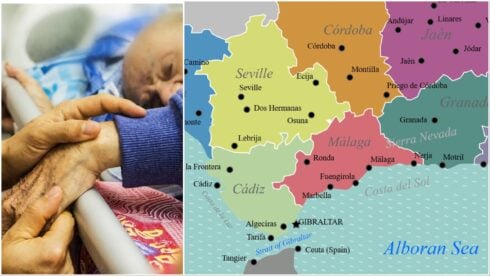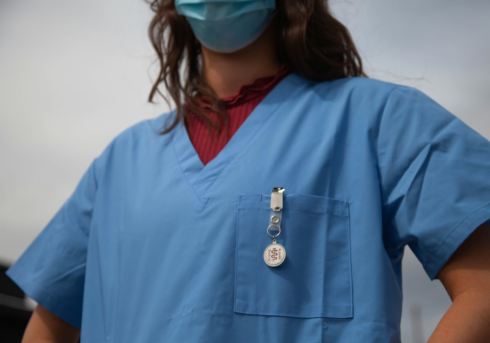AN INDIVIDUAL from Sevilla has been admitted this Wednesday to a ICU hospital ward affected by meningoencephalitis due to the West Nile virus.
This is the first detected case this year of the deadly virus which in 2020 caused seven deaths and 77 hospitalisations—several of which required intensive care—after having been bitten by mosquitoes carrying the virus.
The patient, whose sex and age have not yet been revealed, was first admitted to the Virgen del RocIo hospital in Sevilla for COVID-19.
After detecting symptoms compatible with meningitis, similar to those shown by patients with West Nile fever, the protocols established last summer to perform the test on all meningoencephalitis of unknown origin were carried out and the virus confirmed.
Upon learning the results of the tests, all public health measures, such as the fumigation of risk areas, have been carried out.
To date, no viral circulation has been detected in horses or birds and there is little mosquito activity in the adult phase.
The Veterinary Association highlights that not all mosquitoes are infected and that not all people who are bitten by an infected mosquito will contract the virus.
In fact, 80% of those infected are asymptomatic and only a small part of this percentage suffer encephalitis (inflammation of the brain), however, if symptoms become serious, the patient must seek hospital assistance.
The following preventative measures have been advised by the experts in order to prevent infection:
- Use of mosquito nets on doors and windows.
- Do no turn on interior lights at dusk.
- Avoid walks between dawn and dusk.
- Avoid walks at any time in areas of scrub, wetlands and waterlogged areas.
- Use correct body hygiene and avoid strong perfumes.
- Use clothing that covers well.
- Use insect repellents in a rational and responsible way.
- Carry out correct hibernation of swimming pools and ponds with adequate pool chemistry set at proper levels.
READ MORE:
- Spain’s Andalucia to invest €100,000 in drones to halt spread of West Nile virus
- Use mosquito nets and avoiding walks at dusk: experts advise on how to avoid West Nile virus in Spain’s Andalucia
Click here to read more Health News from The Olive Press.








